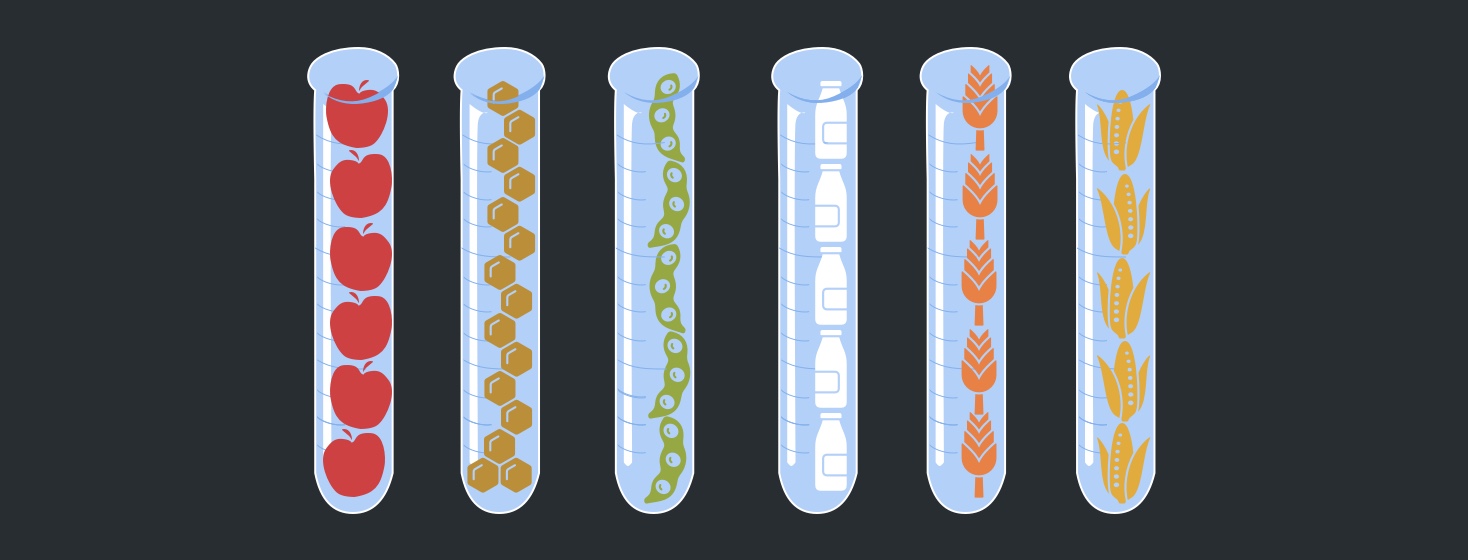HELP! The Low FODMAP Regimen Didn’t Work for Me!
If low FODMAP improved your symptoms, then congratulations! This means you have found your dietary triggers and must now focus on re-introduction of those triggers in smaller quantities to provide yourself dietary variety and much needed sources of nutrition. However, if it did not help, this article is for you!
The Low FODMAP regimen is heralded as a ‘miracle’ for many patients. However, meta-analyses and clinical experience have demonstrated that it does not always work for all patients. The reasons for this can be complex but if low FODMAP nutrition is a factor in your IBS, then there is hope. The following article summarizes common questions on lack of response to the low FODMAP regimen and offers your next set of proactive strategies.
Did you try the low FODMAP regimen long enough?
The elimination phase of the Low FODMAP is meant to be for a period of 2-6 weeks.1 As complex and frustrating as it is to implement the low FODMAP regimen, it is important to give it time and to do it well. If we are not strict about proper elimination, then it is nearly impossible to see any benefit to encourage us to try it longer. Don’t give up too soon and if you fall off the saddle, get back up on it and try again!
Remember, you need to give it time to see if low FODMAP will work for you.
Did you feel better and then begin to experience symptoms again later?
When you begin to feel better on the low FODMAP regimen, you truly feel great. Sometimes people forget how significant their symptoms used to be. However, after feeling well for some time, it is not uncommon to become a bit less vigilant in our diet. We may eat out more at establishments where we have less control over the ingredient list. Or we may feel we can consume more of a known trigger than we have ‘normally’ been accustomed to. Regardless, known or surreptitious dietary consumption can make our IBS flare quite painfully.
Nobody is perfect and implementing low FODMAP is not easy. Props to you for having the motivation to learn more about it and the discipline to try it! That journey will be full of ‘ups and downs.’ When you have a flare from dietary indiscretion, intentional or not, just don’t feel too down or hard on yourself! You’re human. Need assistance? Consult with a certified nutritionist!
In these times, redirect focus upon elimination and maintaining vigilance again. Re-analyze your dietary routine to isolate why the flare happened. Remember, that re-introduction of known triggers is an important part of the FODMAP way of nutrition but too much can cause symptom flare.
Featured Forum
View all responsesI gave low FODMAP a go, but only have partial relief, now what?
Partial relief means you have identified some triggers that improve your symptoms and others may still be elusive. Remember there are FODMAP’s in nearly everything!
In these instances, I strongly recommend consultation with a registered nutritionist with a focal interest in low FODMAP to help you ascertain what hidden FODMAP triggers you have in your diet. Working with a health care professional can save you time and frustration. They can provide you a structured framework from which to implement and supervise your nutrition. Also, they can ensure your nutrition plan is not so restrictive as to harm your health.
Nope, still no luck. I have been strict and adherent forever with a professional assisting me. Next?
If low FODMAP does not improve your symptoms, then I recommend you speak with your physician to search for alternate illnesses that present as IBS. In my practice, it is not uncommon to discover another illness that ‘looks like’ IBS or occurs in tandem with IBS. IBS and other illness of the gastrointestinal tract present with the same types of symptoms: abdominal discomfort, bloating, distension, diarrhea and/or constipation. This can make diagnosing other causes challenging but certainly not impossible. Please speak with your doctor on investigating other causes of GI ailments.
Remember: Always feel empowered to seek a second opinion. It is your right!
Summary
- Perform strict low FODMAP implementation for at least 2-6 weeks.
- If you are not experiencing enough symptom improvement, then consult a certified nutritionist.
- If you have no benefit at all, discuss with your doctor other causes that can masquerade or concomitantly present alongside IBS.

Join the conversation